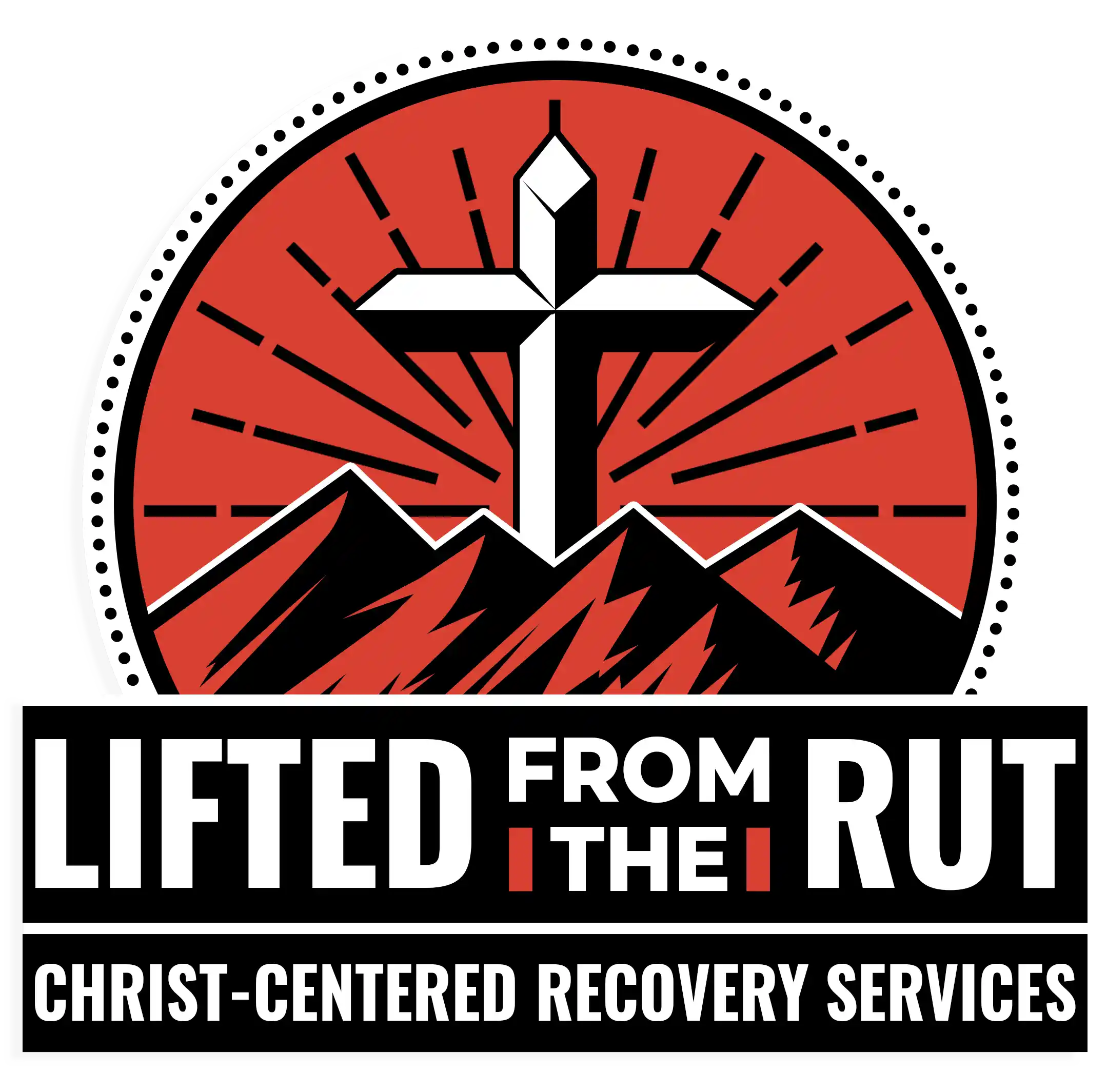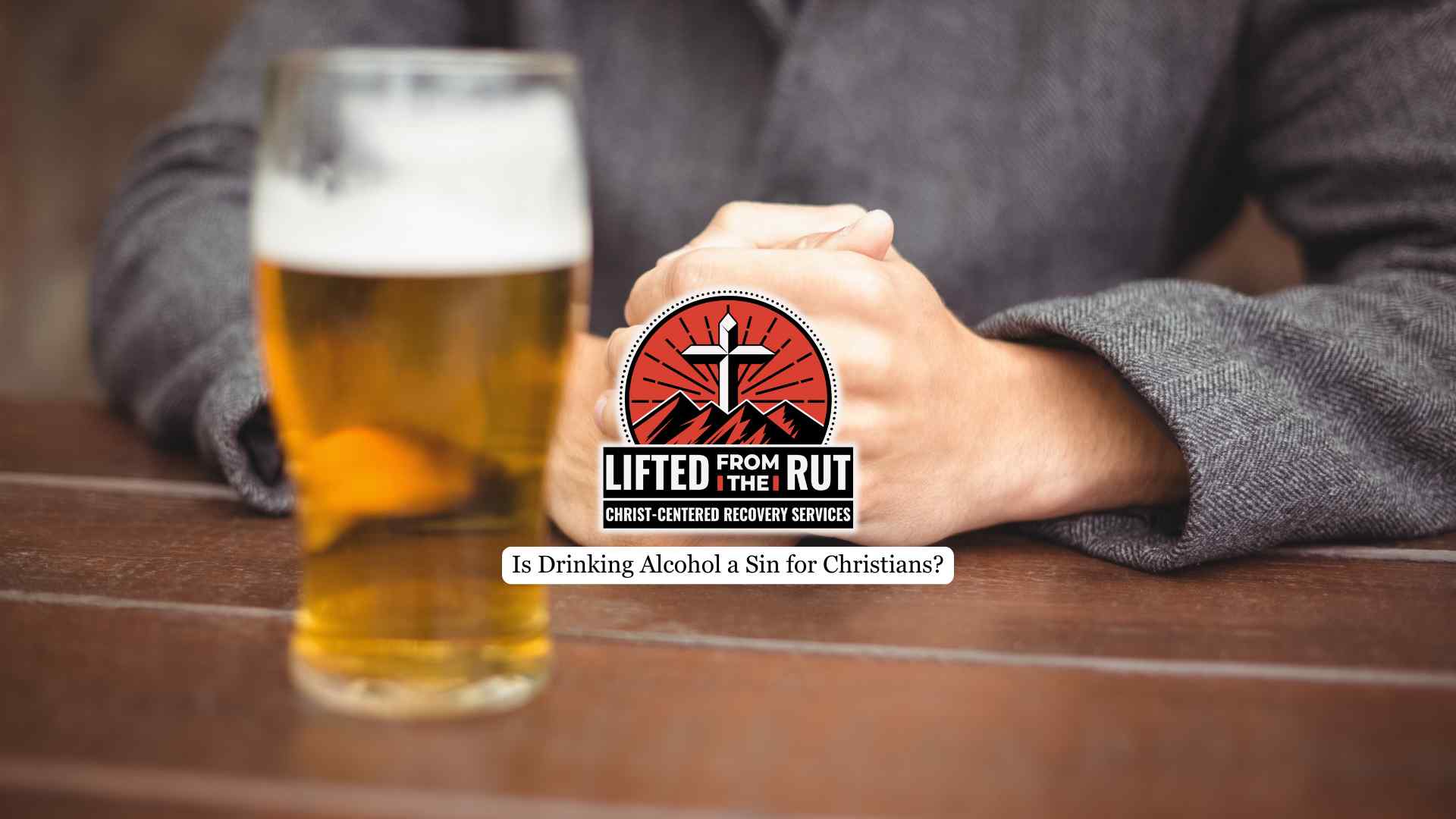The moral implications of drinking alcohol have long been a topic of discussion in Christian communities. Views differ based on biblical interpretation, denominational beliefs, and cultural context. Understanding Scripture alongside practical considerations can help believers approach the issue with clarity and discernment.
This article will explore what the Bible says about alcohol, how different Christian traditions view drinking, and offer guidance for responsible decision-making.
Biblical Foundations
Old Testament Perspectives
In the Old Testament, wine and strong drink were common parts of daily life and religious practice. For example, Psalm 104:15 praises God for giving “wine to gladden the heart of man,” and Proverbs 3:10 encourages the use of wine. However, the Scriptures also caution against overindulgence. Proverbs 20:1 warns, “Wine is a mocker, strong drink is raging: and whosoever is deceived thereby is not wise.” Isaiah 5:11 condemns those who rise early to drink and continue late into the night.
New Testament Perspectives
The New Testament offers further insight. Jesus’ first miracle was turning water into wine at a wedding feast (John 2:1–11), which suggests moderate use of wine is acceptable. During the Last Supper, Jesus shared wine with his disciples as a symbol of his blood (Luke 22:14–20), embedding wine into Christian sacramental tradition. Paul advises Timothy to “Use a little wine for your stomach’s sake” (1 Timothy 5:23), indicating its medicinal use.
Nonetheless, the New Testament strongly condemns drunkenness. Ephesians 5:18 instructs, “Do not get drunk on wine, which leads to debauchery.” Similarly, Galatians 5:19–21 and Romans 13:13 warn against behaviors linked to a lack of self-control, including drunkenness.
Drunkenness and alcohol addiction carry serious consequences both spiritually and practically. The Bible warns that drunkenness leads to sin, shame, broken relationships, and even spiritual death (Romans 6:21). It is a form of slavery that can devastate lives, families, and faith.
For Christians struggling with alcohol addiction, seeking help through a faith-based alcohol rehab is vital. Such programs offer spiritual support alongside practical recovery tools, helping individuals find freedom from addiction while restoring their relationship with God and community.
Recognizing the dangers of drunkenness and the hope available through faith-based treatment encourages believers to pursue healing and lasting sobriety.
Theological Principles
Distinction Between Drinking and Drunkenness
Christian teaching consistently distinguishes between drinking alcohol in moderation and the sin of drunkenness. Drinking itself is not labeled sinful, but losing self-control and succumbing to excess is. The Bible encourages believers to exercise personal responsibility in their freedoms (Romans 14:5–23), being mindful that their actions reflect their relationship with God and others.
The Sin of Causing Others to Stumble
Another important biblical concept is avoiding being a stumbling block. Passages like 1 Corinthians 8:9–13 and Romans 14:21 emphasize that believers should avoid actions that might cause other Christians to falter in their faith. Therefore, even if one feels free to drink alcohol, they should consider how their choices affect others, especially those who may struggle with alcohol or hold different convictions.
Historical and Denominational Views
Early Church and Traditional Christian Practice
Historically, wine was a normal and frequent part of daily living, including religious rites such as the Eucharist. Many early Christian communities practiced moderationism, accepting moderate alcohol consumption as consistent with Christian living.
Abstentionism and Prohibitionism
Conversely, some groups arose with stricter views. The temperance movement and subsequent prohibitionist perspectives influenced many Protestant denominations such as Methodists and Baptists, promoting complete abstinence. Meanwhile, denominations like Catholics, Orthodox, and Lutherans generally permit moderate drinking, emphasizing temperance.
Christian Unity Amid Diverse Views
Disagreement about alcohol reflects broader differences in culture, tradition, and personal conviction among Christians. Unity calls for respect and charity, recognizing that faithful believers may arrive at different conclusions while pursuing holiness and obedience.

Practical Guidance for Christians
Christians are encouraged to apply biblical principles in making alcohol-related decisions:
- Avoid drunkenness and practice self-control.
- Respect legal restrictions and cultural norms regarding alcohol.
- Consider others’ sensitivities, avoiding offense or causing others to stumble.
- Recognize when abstaining is wise, especially for those with addiction risks or leadership roles.
- Seek God’s guidance through prayer, Scripture, and counsel.
Common Questions and Misconceptions
Biblical teaching shows that drinking alcohol is not sinful. Jesus’ miracle at Cana supports moderate use, and references to wine in the Bible usually mean fermented wine, not non-alcoholic grape juice. The Bible condemns the sin of addiction and drunkenness rather than alcohol itself. Christians can partake in social drinking responsibly, but always with self-awareness and care for community impact.
Final Thoughts from LFTR Christ-Centered Rehab Services
Drinking alcohol is not inherently a sin for Christians, but drunkenness always is. The Bible encourages wisdom, moderation, and sensitivity to oneself and others in matters of alcohol use. Each believer must discern their path through prayerful consideration of Scripture and godly counsel, aiming to glorify God in all choices.
LFTR Christ-Centered Recovery Services’ Outpatient Program (OP) in Littleton, Colorado, integrates Christian principles with evidence-based treatment specifically for alcohol addiction. Participants can maintain their daily commitments, such as work, school, or family, while attending weekly therapy sessions. Our holistic methodology addresses both the physical and spiritual dimensions of alcohol recovery, fostering genuine healing and sustained sobriety.





